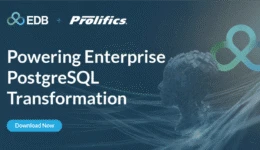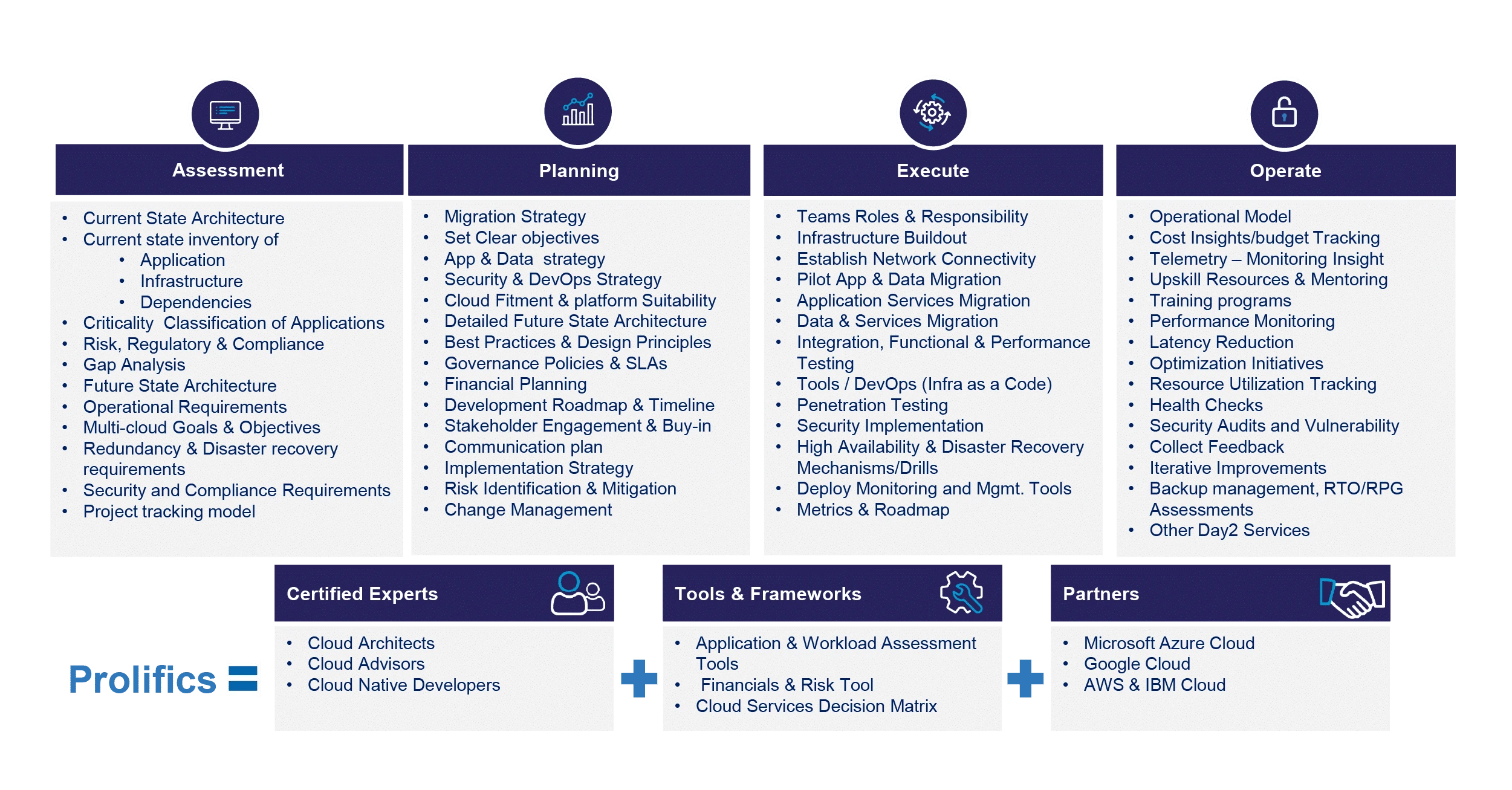In today’s rapidly evolving business landscape, companies are continuously seeking ways to improve efficiency, scalability, and competitiveness. One critical area where this is evident is the transition from legacy ERP migration projects to cloud ERP migration.
According to Gartner, by 2027 more than 60% of organizations will have shifted from traditional ERP systems to cloud migration services to achieve agility and cost savings. This shift is not just a passing trend but a strategic necessity that delivers measurable ROI, enhanced security, and business innovation.
In this blog, we will explore what ERP cloud migration is, why enterprises should modernize legacy ERP, and the key cloud ERP benefits that make migration critical in 2025 and beyond.
The Business Value of Cloud ERP Migration
IDC report, “The Business Value of Google Cloud IaaS,” outlines the significant impact of Google Cloud’s Infrastructure as a Service on enterprise applications. Key findings reveal that businesses using Google Cloud IaaS experience:
- 318% ROI over five years
- 57% efficiency boost in IT infrastructure management
- 51% reduction in operational costs over five years
- IT teams spending nearly three times more time on innovation
- $3.23 million in additional revenue generated
What Is ERP Cloud Migration?
ERP cloud migration is the process of moving enterprise resource planning systems from on-premises servers to a secure, cloud-based infrastructure.
Unlike traditional ERP systems that require heavy hardware investments, cloud ERP uses vendor-managed platforms that provide continuous updates, scalability, and robust security.
With this approach, organizations gain:
- Real-time data access
- Seamless collaboration
- Cost efficiency
- Future-ready scalability
This ensures businesses stay competitive while avoiding the limitations of outdated legacy systems.
5 Reasons to Migrate Your Legacy ERP to the Cloud
1. Cost Efficiency
One of the most significant cloud ERP benefits is cost optimization. Legacy ERP migration often involves high upfront capital expenditures for hardware, licenses, and upgrades. In contrast, cloud ERP follows a subscription-based pricing model, eliminating large initial costs.
Businesses also save on ongoing IT expenses, as providers manage patches, updates, and infrastructure. This addresses a critical pain point: the high legacy ERP maintenance vs cloud subscription cost trade-off.
2. Scalability and Flexibility
Today’s enterprises need systems that adapt to growth and change. Cloud ERP migration provides scalability on demand — whether expanding to new markets or handling seasonal spikes. Companies can easily scale resources up or down, ensuring efficiency without overspending.
Unlike rigid legacy ERP systems, cloud solutions deliver the agility modern businesses require to remain competitive.
3. Enhanced Security and Compliance
Security is non-negotiable in the digital age. With ERP modernization, cloud providers invest heavily in multi-layered security, data encryption, and compliance with evolving regulations.
By relying on cloud migration services, businesses ensure that sensitive information remains protected, while also meeting GDPR, HIPAA, or other industry standards without additional IT strain.
4. Improved Accessibility and Collaboration
Modernizing legacy ERP to cloud systems enhances global collaboration. With remote and hybrid work models becoming standard, employees require real-time access from anywhere.
Cloud ERP migration eliminates silos, providing teams with integrated dashboards, shared data, and better decision-making capabilities.
5. Automatic Updates and Innovation
With legacy ERP migration, updates often require downtime and IT resources. By contrast, cloud ERP migration ensures that upgrades, patches, and new features are automatically applied by the vendor.
Migrate ERP from On-Premise to Cloud Challenges
While the shift offers clear advantages, businesses must plan carefully for success. Common challenges include:
- Data migration complexity and ensuring accuracy
- Integration with third-party applications
- Change management and employee training
- Security concerns during transition
Working with an experienced cloud migration service provider mitigates these risks and ensures a smoother journey.
Legacy vs. Cloud ERP: Why is Moving Legacy On-Prem ERP to Cloud Important?
The comparison between legacy and cloud ERP highlights several crucial differences that underscore the importance of migration. Legacy ERP systems, typically hosted on-premises, are often rigid, difficult to scale, and expensive to maintain. They require significant IT resources for updates, security patches, and hardware management. Additionally, they can hinder business agility and slow down decision-making processes due to limited accessibility and real-time data availability.
On the other hand, cloud ERP offers a modern, flexible, and cost-effective solution. Its ability to scale, provide real-time access to data, and automatically update ensures that businesses can remain agile and competitive. Cloud ERP also frees up IT resources to focus on more strategic initiatives rather than routine maintenance tasks.
ERP Modernization: The Future of Enterprise Systems
ERP modernization is more than just a technical upgrade — it’s a business transformation. Migrating to cloud platforms future-proofs organizations, enabling them to embrace AI, predictive analytics, and industry 4.0 capabilities.
Companies that modernize legacy ERP are better positioned to unlock new revenue streams, improve customer experiences, and accelerate time-to-market.
How Prolifics Can Help with Cloud ERP Migration
Prolifics is a trusted partner in guiding businesses through the digital transformation journey, including the migration from legacy ERP systems to cloud-based solutions. Our comprehensive approach includes:
- Assessment and Planning: We begin with a thorough assessment of your current ERP system and business needs to develop a customized migration plan.
- Implementation and Integration: Our experts handle the end-to-end implementation, ensuring seamless integration with your existing systems and minimal disruption to your operations.
- Training and Support: We provide extensive training to ensure your team is fully equipped to leverage the new cloud ERP system. Our ongoing support ensures that any issues are promptly addressed, and your system remains optimized.
- Continuous Improvement: We work with you to continuously enhance your cloud ERP solution, ensuring it evolves with your business needs and industry trends.
Finally, shifting from a legacy ERP to a cloud-based system is a strategic move that offers numerous benefits, from cost efficiency and scalability to enhanced security and accessibility. Embracing cloud ERP with the support of experts like Prolifics ensures a smooth transition and positions your business for future success.
Learn more about how Prolifics can help transition to a cloud ERP system that drives efficiency, scalability, and innovation. For more details download our Tools and Technologies for Automating Cloud Migration Processes Infographic.






